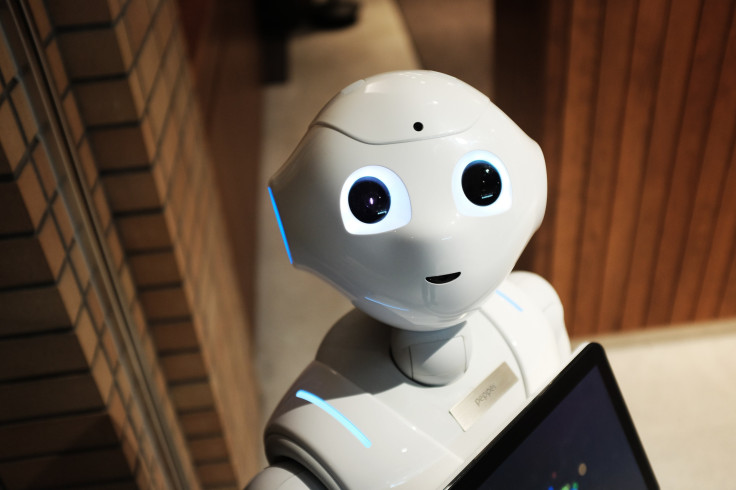
Microsoft and OpenAI are reportedly in talks to invest in humanoid robotics startup Figure AI, which aims to develop robots for doing jobs that are deemed unsafe for humans.
According to a report by Bloomberg, the tech heavyweights are exploring options to invest up to $500 million (£394.92 million) in Figure AI. Depending on how much is raised, Figure AI's value could increase to $1.9 billion (£1.50 billion) or higher.
It's crucial to bear in mind that none of the parties involved in this potential deal have confirmed its existence. This information reportedly stems from anonymous sources close to the plan. Nevertheless, it aligns with OpenAI's long-standing interest in robotics and large language models (LLMs).
LLM’s are good at semantics but poor with geometry/physics
— Brett Adcock (@adcock_brett) January 29, 2024
there is no better embodied system than a humanoid robot, collecting real-world training sets, which will be used to predict physics https://t.co/nL895LjVSw
During a recent episode of Bill Gates' podcast, OpenAI CEO Sam Altman revealed that the AI startup is already (and would continue) investing in robotics companies. Aside from this, the top executive revealed 3 sectors where OpenAI's chatbot ChatGPT will make the biggest impact.
Are ChatGPT-powered robots just around the corner?
Realistically, it might take several years before we see the adoption of robots with ChatGPT as their core AI system. That said, the concept of using large language models like GPT-4 to control robots isn't new.
For instance, Google's AI lab DeepMind is teaching robots household chores using AI. Likewise, a team of researchers managed to connect a humanoid robot to GPT-4 (that powers ChatGPT) in December.
From Text to Motion: Grounding GPT-4 in a Humanoid Robot "Alter3"
— AK (@_akhaliq) December 12, 2023
paper page: https://t.co/QKIKfWKyPZ
report the development of Alter3, a humanoid robot capable of generating spontaneous motion using a Large Language Model (LLM), specifically GPT-4. This achievement was… pic.twitter.com/WEViidVM1L
During CES 2024, we got a glimpse into some toy robots using GPT-4 and devices like catflaps using AI vision models like GPT-4V to spot mice.
What does Sam Altman think about robotics?
Altman told Gates that OpenAI initially had a robotics division. "We realized that we needed to first master intelligence and cognition before adapting to physical forms," he explained.
Altman believes that once robots develop independent thought and hardware exists to take advantage of this mental capacity, it could radically overhaul the job market, particularly in blue-collar fields.
This statement is in contrast to some earlier reports that indicated AI would take those blue-collar jobs first. In reality, it seems to be happening the other way.
"Obviously, it's gone exactly the other direction," Altman told Gates. "If you're having a robot move heavy machinery around, you'd better be really precise with that. I think this is just a case of you've got to follow where technology goes".
He went on to note that hardware companies have started using OpenAI models to "do amazing things with a robot".
While it would be great to have robots doing chores, it will be a while before they're smart enough. Those fancy AI models that are currently making headlines are just steps towards that future, not the finished product.
In the meantime, Altman is focusing more on ChatGPT users' aspirations for technological development in 2024.







